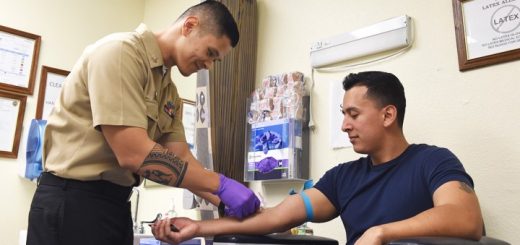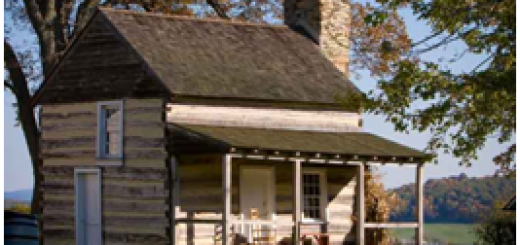Is Hospice Nursing Right For You?
Hospice nursing care has evolved over the 25 years this type of health care has been in force in the United States. Hospice nurses provide health care under the guidance of the Medicare Benefit Act of 1983 that is devoted to allowing patients the dignity of dying in their homes or in hospice care facilities with their families and friends at their bedside.
Philosophy of the Last Acts Task Force
The Last Acts Task Force, implemented in 1999, embodies palliative care that embraces a combined broad-scope management of physical, social, spiritual, psychological and human existence needs of patients who suffer from incurable and progressive end of life illnesses. Thus, hospice nurses perform the noble tasks of palliative and humane care with emphasis on empathy and genuine kindness.
Dedicated Hospice Nursing Professionals
These nurses strive to make their patients as comfortable as possible while offering them a quality of life that reduces their suffering. The nurses work to control patient symptoms and even help to restore the functional capacities of their wards when this is possible.
Hospice nurses are dedicated professionals who at all times respond to the sensitive personal needs of patients. Patients come from many different cultural and religious backgrounds, beliefs and practices, and it is the hospice nurse who caters to each individual’s specific and unique needs. While hospice nurses come from many different backgrounds, they all have two things in common; they are compassionate, and they are strong. There is a lot of sorrow involved in the day to day duties of this noble career, and it is not for the emotionally fragile.
Who Can Become a Hospice Nurse?
Hospice nurses can be practicing generalists. However, it helps if they select to sub-specialize in care areas such as oncology, geriatrics and pediatrics and then pursue advanced practice credentialing in those specific nursing care areas. Certification in hospice and/or associated palliative care nursing can be gained through the Certified Nurse Hospice, also known as CRNH, training program that was instituted in 1994. The certification is not an advanced certification, but recognizes your competency as a hospice care nurse.
Hospice Care Nurse Requirements
You must be a nurse with an associate, baccalaureate or master’s degree to work as a hospice nurse. You can pursue a Master’s Degree that focuses on hospice and or palliative care, and there currently are two master’s degree programs that emphasize hospice care. You may also pursue a doctoral degree focusing on hospice and palliative care.
Types of Hospice Practice Settings
Quite a few options afford you the choice of where to practice your hospice care skills. Choose to work with terminally ill patients and their families in their homes or at inpatient hospice unit locations. Some hospice nurses visit patients living in various long-term facilities such as assisted, nursing and foster homes. Some work for agencies that visit hospice patients and their caregivers at their homes, and operate on an on-call basis. Hospice nurses must be flexible and also strong emotionally since some of their patients pass away shortly after enrolling in hospice programs. They must also be skilled at helping guide and comfort the surviving loved ones.
Quality of Compassion and a Desire to Help Defines the Hospice Nurse
Focusing on end-of-life care, hospice nurses render unmistakable and genuine expert care in the management of pain. They are compassionate individuals with sharp listening and counseling skills that mean so much to end-of-life patients. It just simply makes the patients’ everyday life more tolerable to have the listening ear of their hospice caregivers. Often, hospice nurses and the care they provide means more to the surviving family than to the dying patient.
The nurses are assisted by an extraordinary group of like-minded and trained volunteers who blend their team strengths to comfort patients and their families through the very sad stages of terminal illnesses and bereavement. If you are a flexible, emotionally strong, compassionate human being, you will likely make an excellent hospice nurse.








